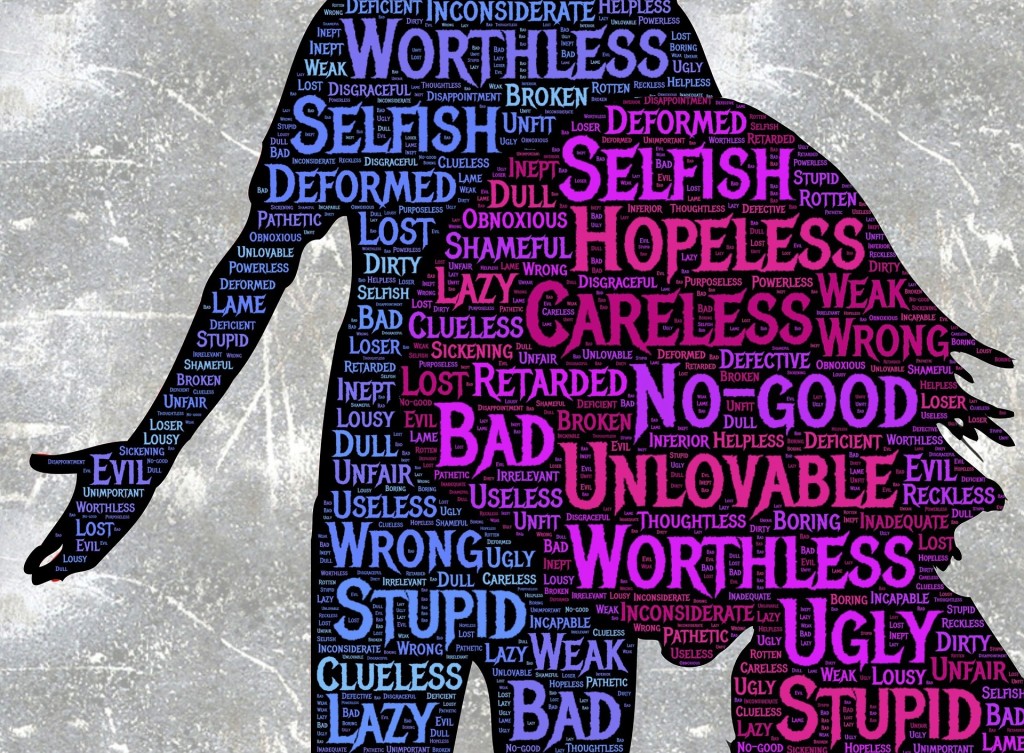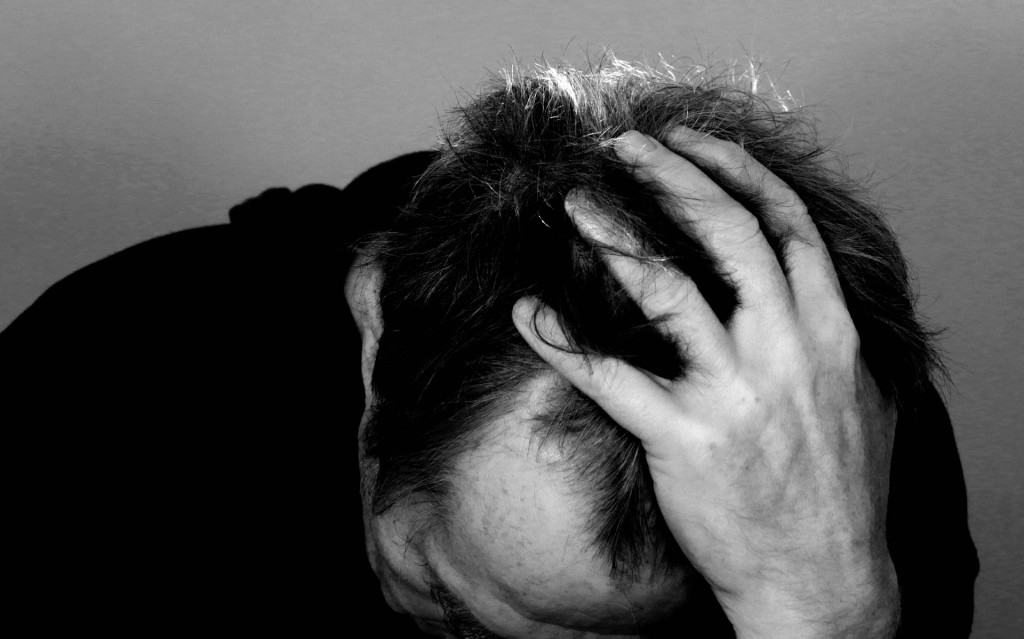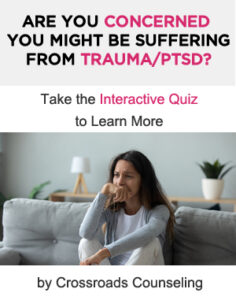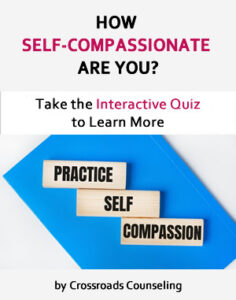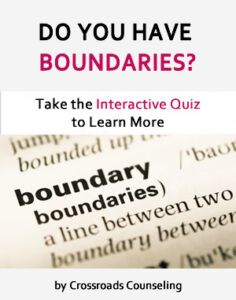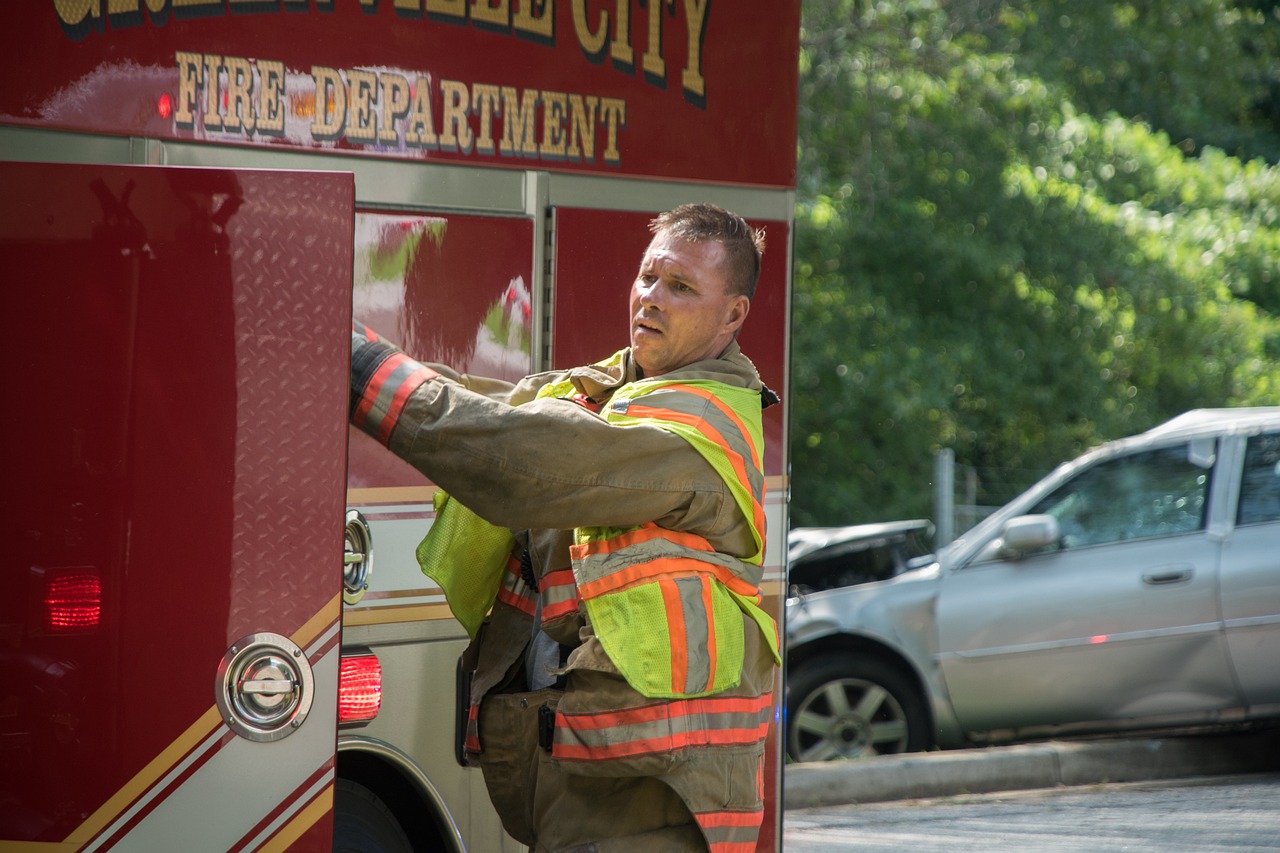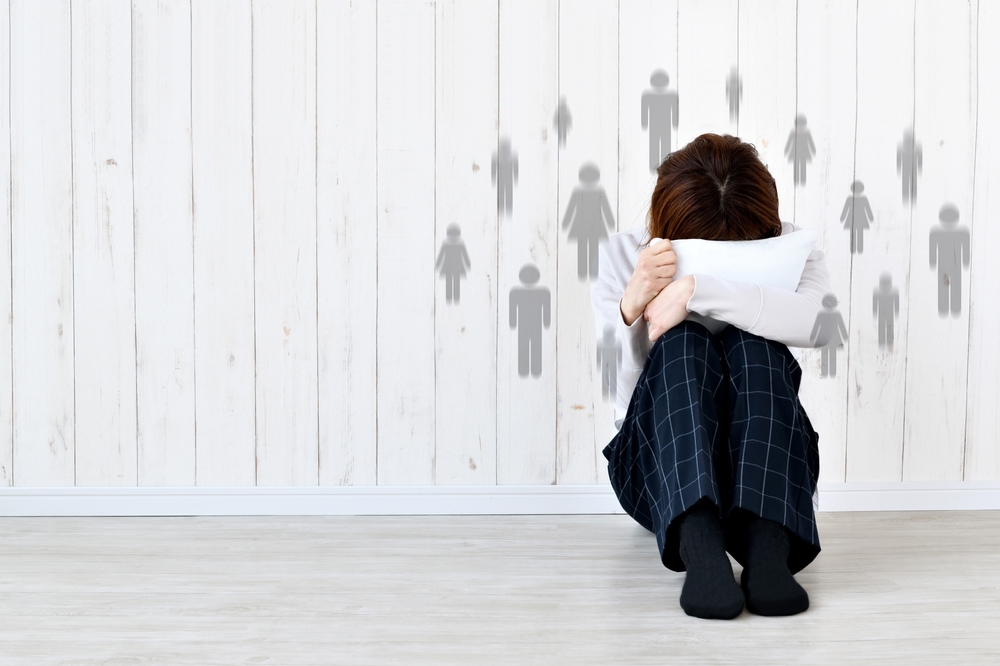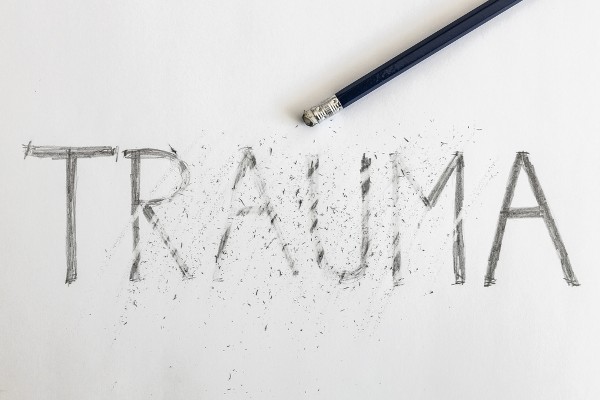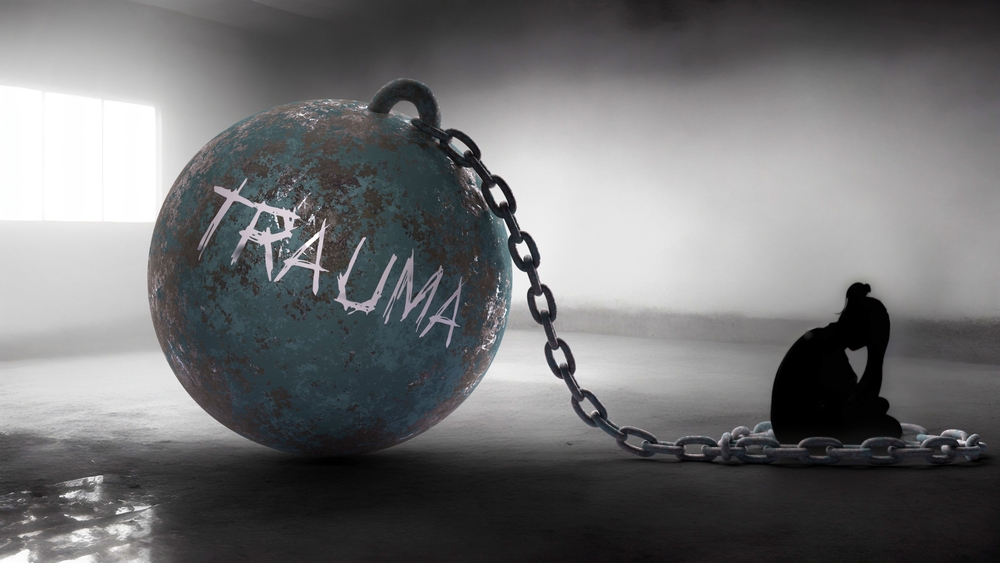Yes. You are an adult.
What happened is in the past. It happened when you were a kid.
It was a long time ago.
But it’s still with you, still hurting you, and still getting in your way.
So, no. You shouldn’t “just get over it,” or “put it behind you, move on, and forget about it.”

Childhood trauma does real damage. It affects how well you trust people to live life alongside you, in ways you may not even recognize. Consider how your childhood trauma may be affecting your life today:
Emotional after-effects
Childhood trauma affects the way you process emotions. You may have learned that your emotions were “bad,” uncomfortable, or unacceptable. Perhaps you feel that the emotions connected to your traumatic experience are shameful or somehow perpetuated the experience. There’s a host of ways your emotions can become mixed up and disorganized, amid the manipulations of an abuser, the tragedy of sudden loss, or the shock of disaster.
You may live with a chronic sort of distress, anxiety, pain, grief, or numbness. You may not even know any other way to feel. Being able to regulate your emotions without some sort of external “helper” like sex, smoking, or drinking may seem foreign to you.
Identity issues
As a child, you may have come to identify with certain negative messages. For example, if your trauma involved abuse, you may have come to believe that you were worthless or disposable. It is likely that today that manifests as low confidence, poor self-esteem, or perfectionism.
Relational ramifications
Trusting others. Trusting new environments. Trusting yourself. All of it may be difficult, if you experienced betrayal by those who should have protected you, or survived a shocking disruption to your secure world as a child. Forming and sustaining lasting connections may be very difficult. You may find that you’ve become a personality chameleon, changing your behavior to fit the people you’re with– fearing new people couldn’t possibly like you the way you are. You may be frustrated by an inability to connect with others emotionally or how to function in a relationship.
Physical problems
Research shows that childhood trauma affects the body as well as the mind. Trauma created an elevated, ongoing stress response in your body. Over time, your unresolved childhood emotions triggered physical responses, like insomnia and impaired immune function, which put you at increased risk for illness. Chronic pain, irritable bowel syndrome, migraines, fibromyalgia, diabetes, and more may be the current physical fallout of trauma.
Co-morbid consequences
Addictions, psychological disorders, and emotional problems may arise and coexist as a result of childhood trauma too. This is called comorbidity or dual diagnosis. In the years since your experience, your mind and body have found ways to cope. Not all of them are healthy or in your best interest. Your thoughts and behaviors may actually be disordered to the point of being harmful. Compulsive use of food, alcohol, or drugs is not uncommon.
Sometimes adult survivors of childhood trauma feel overwhelmed because they deal with one issue, only to find that it’s just one layer of the pain piled on by the traumatic experience.

Begin Trauma Therapy in Phoenix, Scottsdale, and online in Arizona
Working through early trauma can help you learn how to more effectively live beyond the hurts of the past. Our team of caring therapists would be happy to offer support with offices conveniently located throughout the Valley of the Sun including Phoenix, Anthem, Paradise Valley, and Scottsdale. You can start your therapy journey with Crossroads Counseling by following these simple steps:
-
- Contact Crossroads Counseling
- Meet with a trauma therapist
- Begin the healing process
Call us for trauma therapy at 623-680-3486,text 623-688-5115, or email info@crossroadsfcc.com.
If you are in need of intensive trauma therapy click here to learn more about the Beyond Trauma Intensive Counseling Program.
